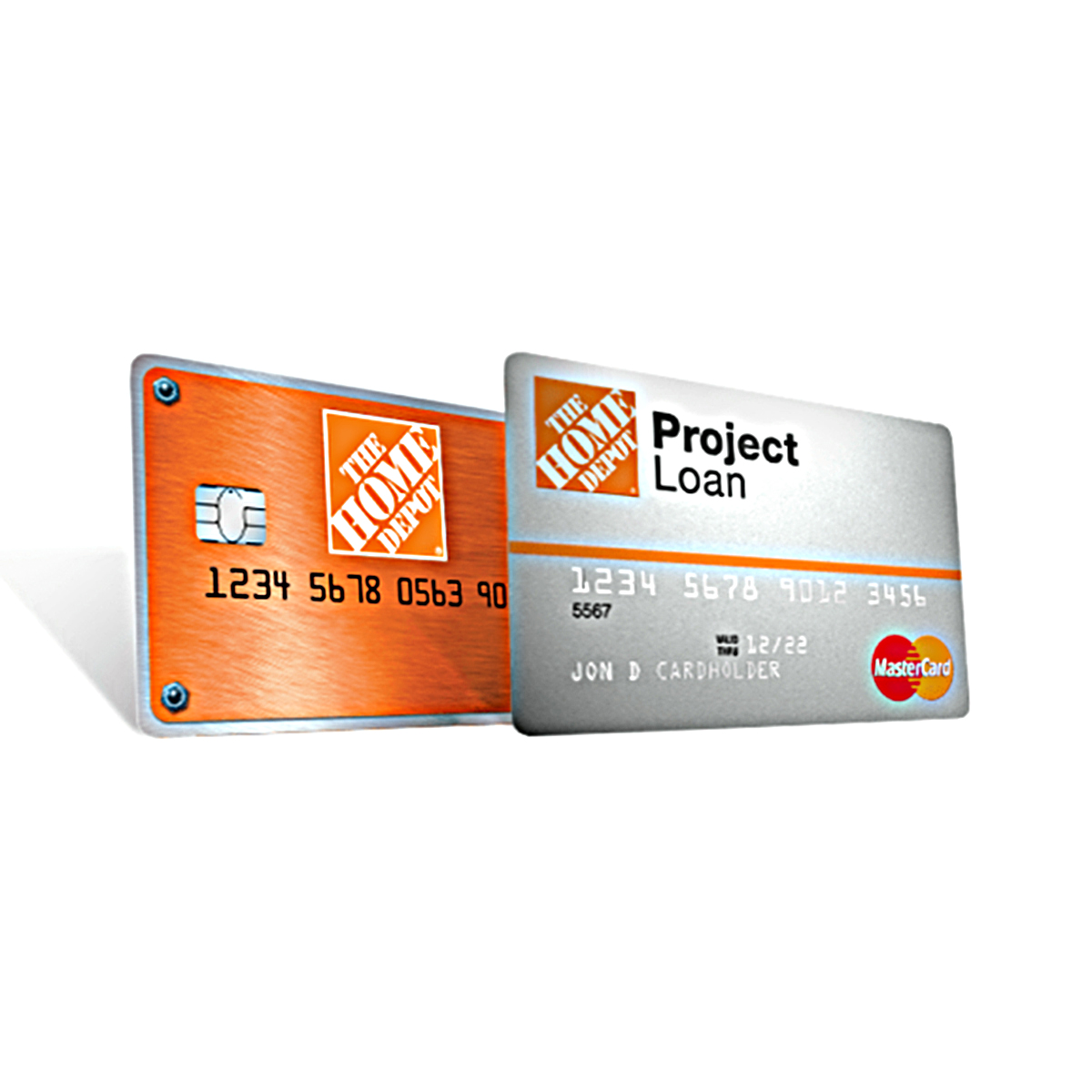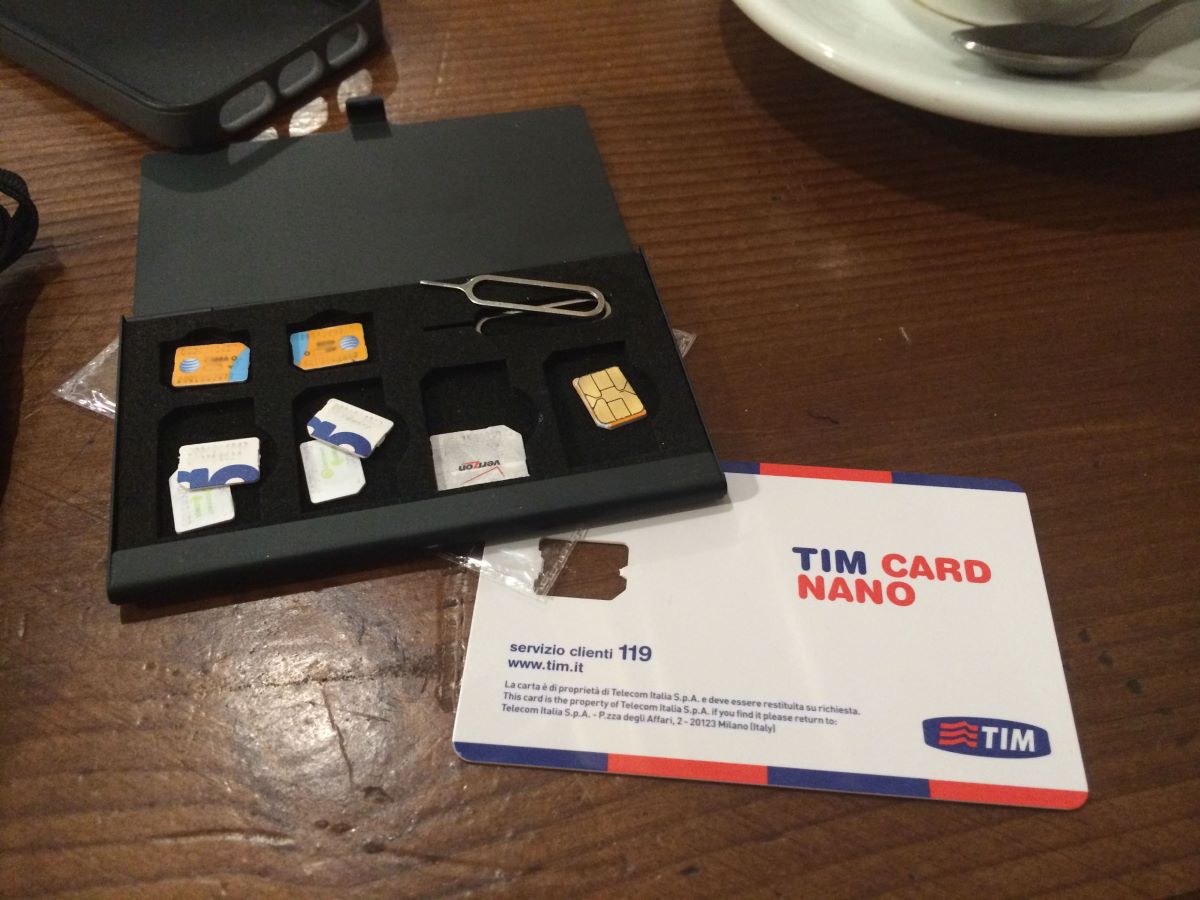

Articles
How To Store Credit Card Information
Modified: December 12, 2023
Learn how to securely store credit card information in this comprehensive guide. Our articles provide valuable tips and best practices to keep your sensitive data safe. Discover the best storage methods today!
(Many of the links in this article redirect to a specific reviewed product. Your purchase of these products through affiliate links helps to generate commission for Storables.com, at no extra cost. Learn more)
**
Introduction
**
Storing credit card information securely is a crucial aspect of modern-day financial transactions. With the increasing prevalence of online shopping, subscription services, and digital payments, individuals and businesses often need to retain credit card details for future use. However, the responsibility of safeguarding this sensitive information is paramount. In this article, we will explore the importance of securely storing credit card information, best practices for doing so, and the various secure storage options available. By understanding and implementing these measures, individuals and businesses can mitigate the risk of unauthorized access and protect the financial data of their customers and themselves.
**
Key Takeaways:
- Safeguarding credit card information is crucial to prevent fraud, protect customer trust, and comply with regulations. Encryption, access controls, and compliance with industry standards are essential for secure storage.
- Businesses and individuals can use encrypted databases, tokenization, and cloud-based solutions to securely store credit card information. Prioritizing data security fosters customer trust and loyalty.
Importance of Securely Storing Credit Card Information
**
Ensuring the secure storage of credit card information is vital for both consumers and businesses. The repercussions of unauthorized access to such sensitive data can be severe, leading to financial loss, identity theft, and reputational damage. Let’s delve into the key reasons why securely storing credit card information is of utmost importance:
Protection Against Fraud and Identity Theft: Securely stored credit card information helps prevent unauthorized individuals from accessing and misusing the data for fraudulent transactions or identity theft. By implementing robust security measures, such as encryption and access controls, businesses can significantly reduce the risk of financial crimes and protect their customers' identities.
Compliance with Regulations: Various industry regulations, such as the Payment Card Industry Data Security Standard (PCI DSS), mandate the secure handling and storage of credit card information. Non-compliance with these standards can result in hefty fines and legal consequences. Therefore, businesses must adhere to these regulations to safeguard sensitive financial data and maintain trust with their customers.
Preservation of Customer Trust: Consumers entrust businesses with their credit card details when making purchases or availing of services. Failing to store this information securely can erode trust and deter customers from engaging with a business in the future. By prioritizing the security of credit card data, businesses can demonstrate their commitment to customer privacy and security, fostering long-term trust and loyalty.
Mitigation of Financial Liabilities: In the event of a data breach or unauthorized access to credit card information, businesses can incur substantial financial liabilities, including legal fees, compensation for affected individuals, and damage control expenses. By proactively securing this data, organizations can minimize the risk of such liabilities and protect their financial stability.
Safeguarding Business Reputation: A security breach resulting in the exposure of credit card information can tarnish a business's reputation and lead to a loss of credibility in the eyes of consumers. By prioritizing secure storage practices, businesses can uphold their reputation as trustworthy and responsible entities, enhancing their appeal to potential customers and partners.
In essence, the importance of securely storing credit card information cannot be overstated. It is a critical element in safeguarding both financial assets and personal identities, and it plays a pivotal role in maintaining regulatory compliance and fostering trust between businesses and their customers.
**
Best Practices for Storing Credit Card Information
**
Implementing best practices for storing credit card information is essential to mitigate the risk of unauthorized access and ensure compliance with industry standards. By adhering to these practices, businesses can enhance data security and protect their customers from potential financial fraud. Here are some key best practices to consider:
- Encryption: Utilize robust encryption techniques to safeguard credit card information both during transmission and while at rest. Encryption algorithms such as Advanced Encryption Standard (AES) can effectively protect sensitive data from unauthorized access.
- Tokenization: Implement tokenization, which involves replacing credit card numbers with unique tokens. This practice minimizes the exposure of actual card details, reducing the impact of a potential data breach.
- Access Controls: Enforce strict access controls to limit the individuals who can view, modify, or process credit card information. Role-based access and multi-factor authentication can add layers of security to sensitive data.
- Regular Security Audits: Conduct periodic security audits and assessments to identify vulnerabilities in the storage and handling of credit card data. Address any identified weaknesses promptly to maintain a robust security posture.
- Compliance with PCI DSS: Adhere to the requirements outlined in the Payment Card Industry Data Security Standard (PCI DSS) to ensure the secure processing, transmission, and storage of credit card information. Compliance with these standards is fundamental for protecting sensitive financial data.
- Data Minimization: Minimize the retention of credit card information to the extent necessary for business operations. Avoid storing unnecessary data and promptly dispose of any information that is no longer required, reducing the potential impact of a security breach.
- Secure Storage Infrastructure: Utilize secure and reliable storage solutions, such as encrypted databases and secure file systems, to store credit card information. Implementing robust security measures at the infrastructure level is critical for protecting sensitive data.
- Employee Training: Educate employees on the best practices for handling and storing credit card information. Promote awareness of security protocols and provide training to mitigate the risk of human error or insider threats.
- Incident Response Plan: Develop a comprehensive incident response plan to address potential security breaches or unauthorized access to credit card information. Having a well-defined response strategy can minimize the impact of security incidents.
- Vendor Risk Management: If third-party vendors handle credit card information, ensure that they adhere to stringent security standards and practices. Conduct due diligence to assess the security posture of vendors and mitigate potential risks associated with external data handling.
By incorporating these best practices into their data management and security protocols, businesses can fortify their defenses against unauthorized access to credit card information and uphold the trust of their customers.
**
Never store credit card information on paper or in unsecured digital files. Use a secure password manager or encrypted database to store and protect sensitive information.
Secure Storage Options
**
When it comes to securely storing credit card information, businesses and individuals have access to various storage options designed to uphold data security and regulatory compliance. These options encompass a range of technological solutions and practices that cater to diverse operational needs and risk mitigation strategies. Let’s explore some of the secure storage options available:
- Encrypted Databases: Utilizing encrypted databases, such as transparent data encryption (TDE) for relational databases, enables the secure storage of credit card information while rendering the data unreadable without the appropriate decryption keys. This approach provides a robust defense against unauthorized access to sensitive financial data.
- Tokenization Platforms: Tokenization platforms offer a secure method for substituting credit card details with unique tokens. By leveraging tokenization services, businesses can minimize the exposure of actual card data, reducing the impact of potential data breaches while maintaining the necessary functionality for transaction processing.
- Cloud-Based Security Solutions: Cloud-based security solutions, including data encryption and access controls provided by reputable cloud service providers, offer a scalable and resilient approach to storing credit card information securely. These solutions often incorporate advanced security features and compliance certifications to meet stringent data protection requirements.
- Hosted Payment Gateways: Employing hosted payment gateways allows businesses to offload the responsibility of storing credit card information to specialized service providers. By redirecting payment data to secure external platforms, businesses can minimize their exposure to sensitive financial data while ensuring seamless transaction processing.
- Point-to-Point Encryption (P2PE): Point-to-point encryption solutions encrypt credit card data at the point of capture, maintaining its security throughout the transaction lifecycle. This approach is particularly valuable for retail and e-commerce environments, where secure handling of payment information is essential.
- Hardware Security Modules (HSMs): Hardware security modules provide dedicated, tamper-resistant hardware for cryptographic operations and key management. Integrating HSMs into the storage and processing of credit card information enhances the security of cryptographic keys and sensitive data, safeguarding against unauthorized access.
- Secure File Systems: Secure file systems with built-in encryption capabilities offer a reliable approach to storing credit card information securely. By leveraging file-level encryption and access controls, businesses can protect sensitive data stored in files and documents from unauthorized disclosure.
- Blockchain-Based Solutions: Leveraging blockchain technology for the storage and management of credit card information introduces a decentralized and immutable approach to data security. Blockchain platforms can provide enhanced transparency, auditability, and resilience against unauthorized tampering of financial data.
- Customized Application Security: Implementing customized application security measures, such as secure coding practices and input validation, ensures that credit card information is stored securely within bespoke software applications. This approach involves tailored security controls to address specific business requirements and threat landscapes.
- Hybrid Storage Approaches: Combining multiple secure storage options, such as tokenization with encrypted databases or cloud-based security solutions with P2PE, allows businesses to create hybrid storage architectures that cater to diverse operational needs while maintaining a layered approach to data security.
By evaluating and implementing these secure storage options, businesses and individuals can fortify their defenses against unauthorized access to credit card information, uphold regulatory compliance, and instill confidence in the security of their financial data.
**
Conclusion
**
Securely storing credit card information is a critical responsibility that demands meticulous attention to data security, regulatory compliance, and customer trust. The significance of implementing robust storage practices cannot be overstated, considering the potential ramifications of unauthorized access to sensitive financial data. By prioritizing secure storage options and best practices, businesses and individuals can safeguard credit card information against unauthorized access and mitigate the risk of financial fraud and identity theft.
Throughout this article, we have emphasized the importance of secure storage options, such as encrypted databases, tokenization platforms, and cloud-based security solutions, which offer resilient and scalable approaches to protecting credit card information. Moreover, the adoption of best practices, including encryption, access controls, and compliance with industry standards such as PCI DSS, is fundamental in upholding the security and integrity of stored financial data.
It is imperative for businesses to recognize the intrinsic link between secure data storage and customer trust. By demonstrating a steadfast commitment to safeguarding credit card information, organizations can foster long-term trust and loyalty among their customer base. This, in turn, contributes to a positive brand reputation and sustained business growth.
As the landscape of digital transactions continues to evolve, the need for secure storage of credit card information remains paramount. Embracing innovative technologies and stringent security measures is essential in adapting to emerging threats and regulatory requirements. By staying abreast of industry best practices and leveraging secure storage options, businesses and individuals can remain resilient against potential security breaches and uphold the confidentiality and integrity of financial data.
In conclusion, the conscientious implementation of secure storage options and best practices for credit card information is not merely a regulatory obligation; it is a testament to an organization’s commitment to data security, customer trust, and ethical business conduct. By embracing these principles, businesses and individuals can navigate the complex landscape of financial transactions with confidence and integrity.
Frequently Asked Questions about How To Store Credit Card Information
Was this page helpful?
At Storables.com, we guarantee accurate and reliable information. Our content, validated by Expert Board Contributors, is crafted following stringent Editorial Policies. We're committed to providing you with well-researched, expert-backed insights for all your informational needs.
















0 thoughts on “How To Store Credit Card Information”